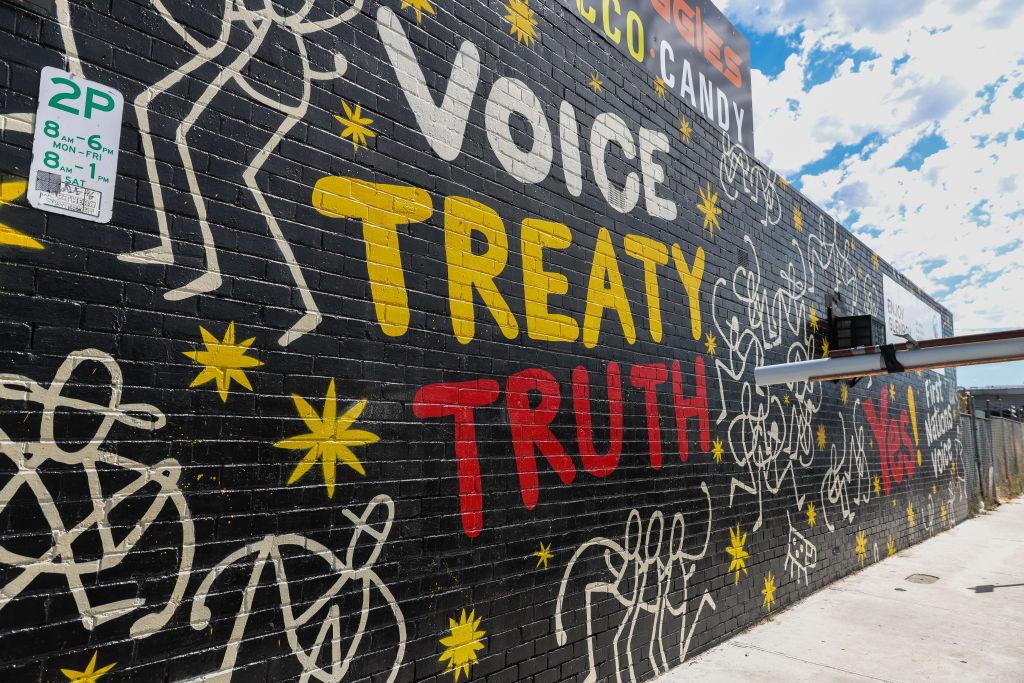Victoria’s opposition has withdrawn support for a formal treaty between the state and local Indigenous communities, citing concerns around transparency as well as delays to construction and new developments.
The move follows that of the state Queensland opposition late last year, which withdrew its support for a treaty following the national defeat of The Voice referendum on Oct. 14.





